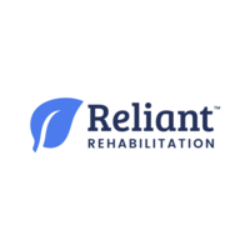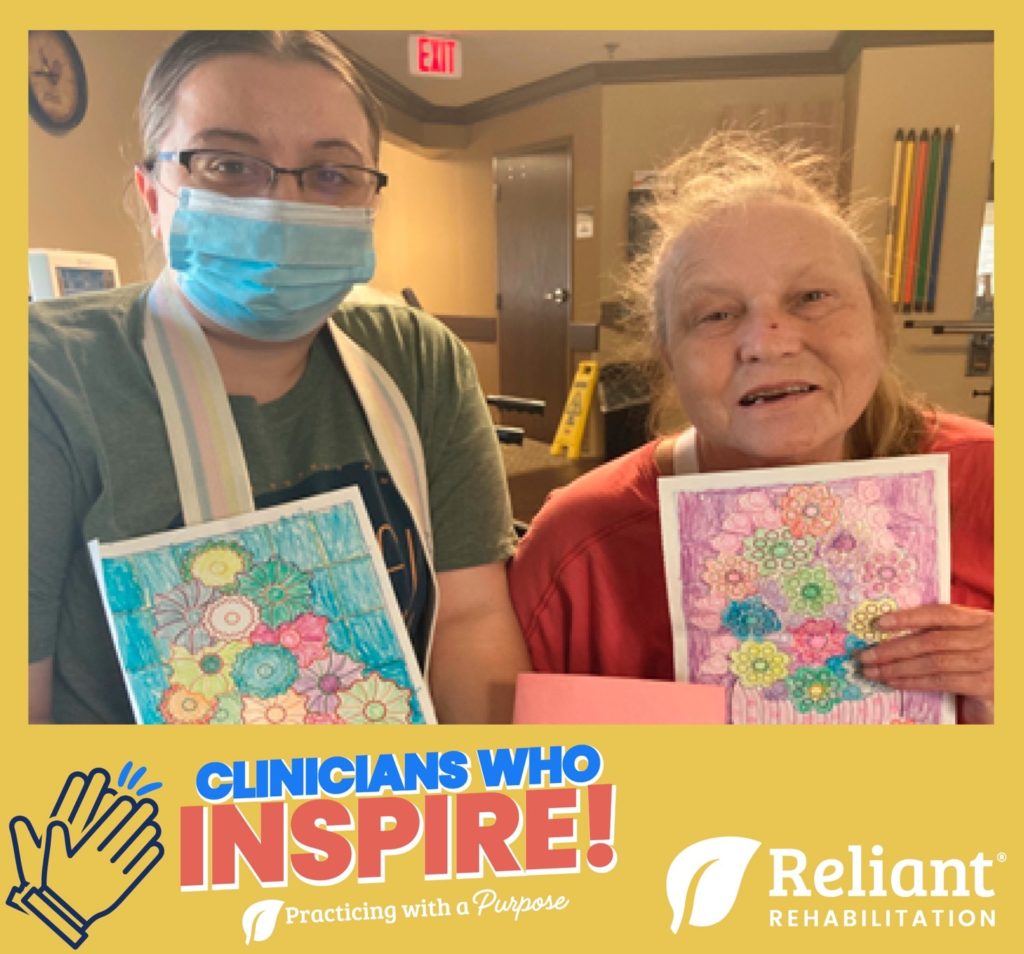As skilled nursing facility providers and caregivers, we are privileged to experience many of the fruits of our patient’s progress during their stay, directly related to the services and care that we provide. We are able to share in the excitement and pride that accompanies progress towards a safe discharge to the next level of care after sustaining an often times life-altering injury or health-related episode. But what about life after discharge from our care? Are we confident that our patients and their caregivers are equipped to maintain their progress and successful outcomes, on their own?
The healthcare community, including the Centers for Medicare and Medicaid Services (CMS), emphasizes the importance of interdisciplinary, comprehensive discharge planning from the time of the patient’s admission. Recent literature suggests that the interdisciplinary team (IDT) is able to reduce hospital readmissions and facilitate successful outcomes beyond discharge through provision of high-quality discharge information, participation of the patient and caregiver in the discharge process and focus on increasing the patient and caregiver’s understanding of the discharge information (Hesselink et. al, 2014). All skilled nursing providers play an important role in the interdisciplinary approach to discharge planning, and a collaborative partnership between therapy, facility staff, case managers, family, and the patient is paramount to success. The weight of the interdisciplinary team’s commitment to patient and caregiver preparation for the next level of care cannot be overlooked. Consider these key components of discharge planning throughout the patient’s stay:
- Upon admission:
- From the time of admit, discharge plans should be considered. Goals should be developed and updated to ensure preparedness for the setting, level of assistance, and needs anticipated at discharge.
- Throughout the episode of care:
- Consider a system to ensure all staff are aware of the patient’s personal goals. Implement ongoing patient/caregiver education for health literacy, functional targets, and training to allow ample time for questions, problem solving, and repetition prior to time of discharge.
- At time of discharge:
- Provide clear, comprehensive, and accurate information regarding the patient’s discharge level of function, recommendations for equipment or follow-up care, and level of assistance or supervision for daily tasks. Enable the patient and caregiver’s understanding of skilled staff recommendations.
Reliant has created proprietary resources to guide clinicians through comprehensive, effective discharge planning. These resources can also facilitate education, trainings, and increased opportunity for IDT discussion. Check out Reliant’s Discharge from Therapy to Community Packet and Discharge from Therapy to Nursing Packet to ensure that your patients and caregivers are properly prepared for the next level of care.
With effective discharge planning that occurs throughout the patient’s episode of care, we can facilitate carryover of learned strategies, patient and caregiver confidence, reduced risk of rehospitalization and successful outcomes beyond discharge from therapy. Reliant is proud to partner with you to confidently guide our patients, caregivers, and staff through discharge planning that will lead to patient success beyond discharge!
References
Hesselink, G., Zegers, M., Vernooij-Dassen, M., Barach, P., Kalkman, C., Flink, M., Öhlen, G., Olsson, M., Bergenbrant, S., Orrego, C., Suñol, R., Toccafondi, G., Venneri, F., Dudzik-Urbaniak, E., Kutryba, B., Schoonhoven, L., Wollersheim, H., & European HANDOVER Research Collaborative (2014). Improving patient discharge and reducing hospital readmissions by using Intervention Mapping. BMC health services research, 14, 389. https://doi.org/10.1186/1472-6963-14-389


